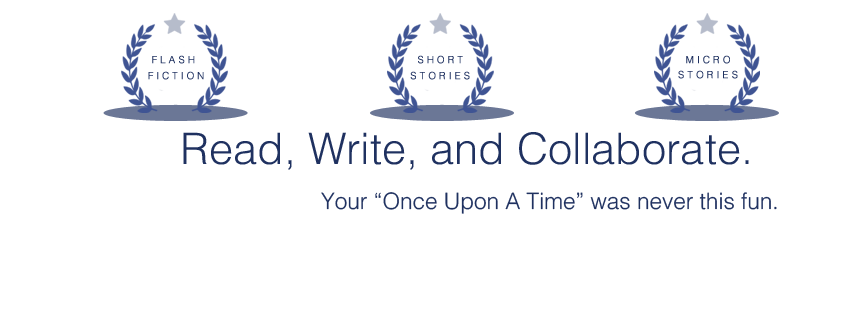Altering Stories, change is right on our Doorstep.
It’s all the ‘P’s, all the time. Performance. Practice. Perspicacity. Perniciously leaving a passive aggressive post on one of your critic’s web pages after they shred your piece. Alright, maybe that last one was a bit of a stretch.
It’s a changing world out there for us writers, and now, more than ever, we have to aim higher and shoot truer. Hidden behind the impenetrable pixel well, critics lurk unseen, ready to pounce on us like predators on prey, prising the gristle from our carcasses like ruthless vultures. The average novel length has shortened over the last few years, and the trend continues. People are getting their hands on their favorite books faster, and reading them faster, and then demanding the sequel… faster. It’s up to us to keep up with popular demand. Typing monkeys, one and all. We are slaves to our own aspirations and are at the whim of our audience. Dance monkey, now type, now dance. It’s one long show. And it’s up to us to figure out how to deliver what we mean, how we mean it, and quick – so in this post, or what’s left of its word limit, we’re going to take a brief, and exciting look at the world of story openings.

Short Exercise
Alter Stories most impressive and exciting feature is its Kick-Off platform, which requires about seven hundred words to be written and then hands the reigns over to the reader to carry on. That means, in seven hundred words, the writer needs to convey enough information to make the next writer feel a part of the entire story! That brings us onto our first tidbit of knowledge.
Showing, not telling. Now then, the other set of words, the antonyms synonymous with this first saying are explicit and implicit. A short exercise I like to do with my classes is this. I’ll say a sentence, and then you tell me what you think it relates to. I get everyone to write what they think on a piece of paper and then shout them out at the same time. Ready? No? Good. None of us ever are.
Thomas gasped.
Alright. There you have it. I use that as an example because it’s the first line of a story I wrote. But what does it intimate? What is a gasp? It’s a short and sharp intake of breath. Answers as to why Thomas is gasping range from ‘he saw something shocking’, to ‘he just surfaced after diving into water’. Someone even suggested that he’d been shot. Now the reality was much more mundane. The story was a comedy piece about a man who was waiting in a Hearing Clinic waiting room. A deaf man was letting out wind, and Thomas took a gasp of fresh air to preserve his nose before the smell hit him. It’s usually met with laughter by the classes, which is great, because it lets me know two things – firstly, that I’m funny, which is fantastic considering I market myself as a comedy writer, but perhaps more importantly, that it conveys a colossal amount of meaning and gets the brain turning before anything’s explained about it.
It’s our eternal battle to say as much as we can in as little as we can. This (for example Thomas gasped.) is a simple exercise to do, and I’m recommending that you do it. Write the numbers one to ten in the margin and come up with ten little sentences that convey much more meaning than the words themselves do. It’s brilliant way to practice getting your story down quickly, which is what hungry readers want.
I’ll even get you started with the first one https://www.alterstories.com
Please leave a comment or a upvote to encourage me to post more and follow me so you don`t miss my latest Short Stories.
##Short Stories on Steemit
- Hansel and Gretel the real story
- Little Snow-White and the kiss that never happend
I am new at Steemit. Its a great community.
I 'm friendly minded.
I need help to grow up this community.
Any one follow me @rsrb and upvote my comment me inform me I also do the same.
Thanks